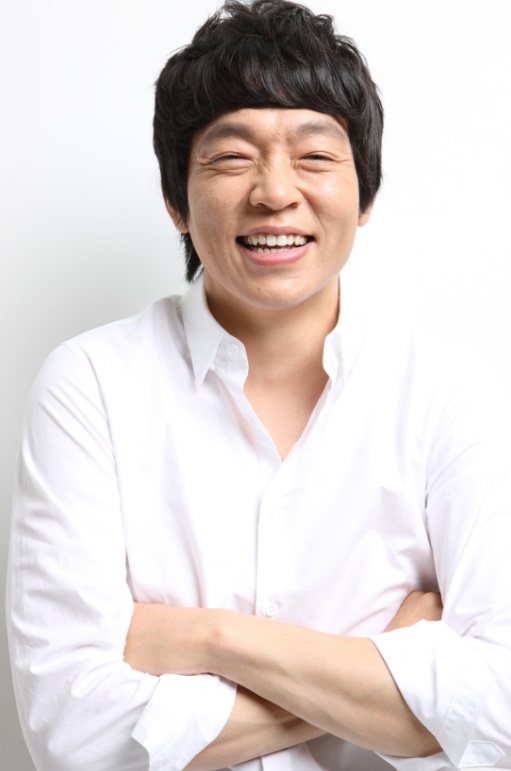Born in 1980, Park Jihwan first wanted to major in fashion design, but he didn’t take long before he decided to drop out. During his many travels, he developed a strong interest in other people’s lives and started to think that theatre would allow him to learn more about them and so decided to join a company. Feeling repulsion toward the common practice of having to be trained as a trainee, he eventually quit and went on a retreat at a Buddhist temple for 6 months. After ...
More
Born in 1980, Park Jihwan first wanted to major in fashion design, but he didn’t take long before he decided to drop out. During his many travels, he developed a strong interest in other people’s lives and started to think that theatre would allow him to learn more about them and so decided to join a company. Feeling repulsion toward the common practice of having to be trained as a trainee, he eventually quit and went on a retreat at a Buddhist temple for 6 months. After a friend advised him to try his chance in films instead, Park went to the Korean Film Academy. After a first appearance in <Yellow Hair> (1999), he played many bad guy roles in films such as <The City of Violence> (2006), <Man in Love> (2013), <The Shameless> (2014) and <A Violent Prosecutor> (2015). Starting with <Six Flying Dragons> in 2015, he can also be seen sometimes in television. It was however with his participation in the surprise hit action thriller <THE OUTLAWS> (2017) that he was first noticed by the public, and the historical drama <1987: When the Day Comes> (2017) and the crime action <Unstoppable> (2018) later brought him to wider recognition. In <The Battle: Roar to Victory> (2019), he had to make use of his excellent command of Japanese to play an officer of the Imperial Army. He became busier in the following years, with credits including notable titles such as <BEASTS CLAWING AT STRAWS> (2018) and <The Pirates: The Last Royal Treasure> (2020), and he is set to return in the follow-up to <THE OUTLAWS>, <The Roundup> (2022). Often cast in what many would see as “minor roles”, Park acknowledges it and even calls himself a “4th-grade actor", a title he wears with pride as he considers just as important to tell the stories of people at the fringe of society.
Less








